10 trending open access articles 2022
Popular open access articles lead discussion on global topics
Publishing open access (OA) means your research is free to read anywhere, anytime, and without barriers.
Below we explore some of the most popular open access articles published in 2022 by Taylor & Francis. With topics spanning COVID-19 treatments, artificial intelligence, and mental health – it’s clear to see that open access means wider discussion and impact for research.
1. Sex differences in sequelae from COVID-19 infection and in long COVID syndrome: a review
Shirley V. Sylvester, Rada Rusu, Biankha Chan, Martha Bellows, Carly O’Keefe & Susan Nicholson
Published in Current Medical Research and Opinion
“Social media is a salient source for influencing consumers’ shopping and buying behaviors as they share product reviews, service experiences, and/or product usage tips. […] the findings illustrate the impact that social media can have on consumer decision-making processes.”
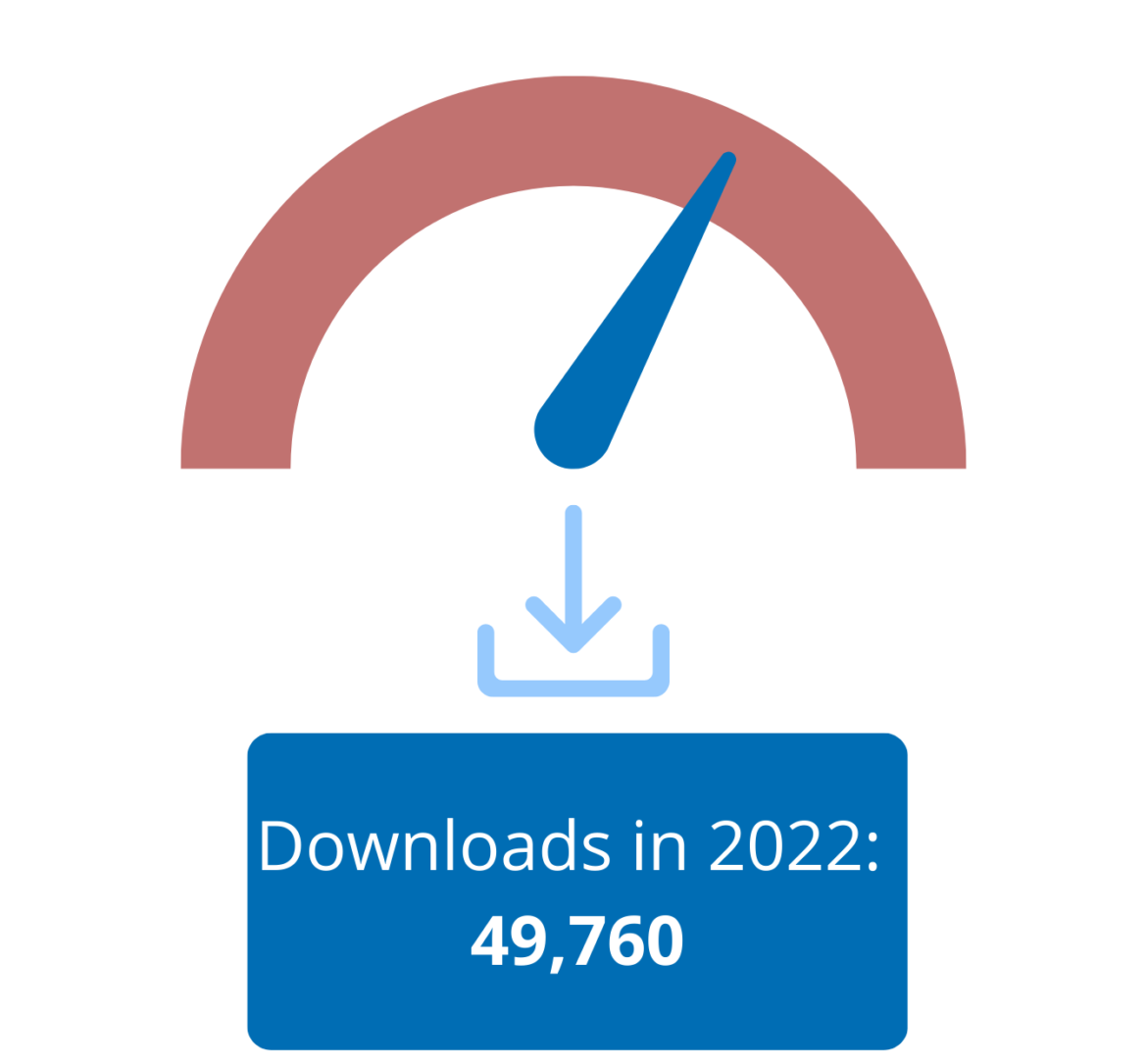
2. Structural and pragmatic language in young children with sex chromosome trisomy (XXX, XXY, XYY): predictive value for neurobehavioral problems one year later
Evelien Urbanus, Hanna Swaab, Nicole Tartaglia, Constance Stumpel & Sophie van Rijn
Published in The Clinical Neuropsychologist
“This study is one of the first studies that directly illustrates the relationship between language and behavioral outcomes in children with SCT. Our results stress the importance to closely monitor pragmatic language in addition to structural language in clinical care of children with SCT, as pragmatic language abilities could serve as an early marker for children at risk for developing behavioral problems.”
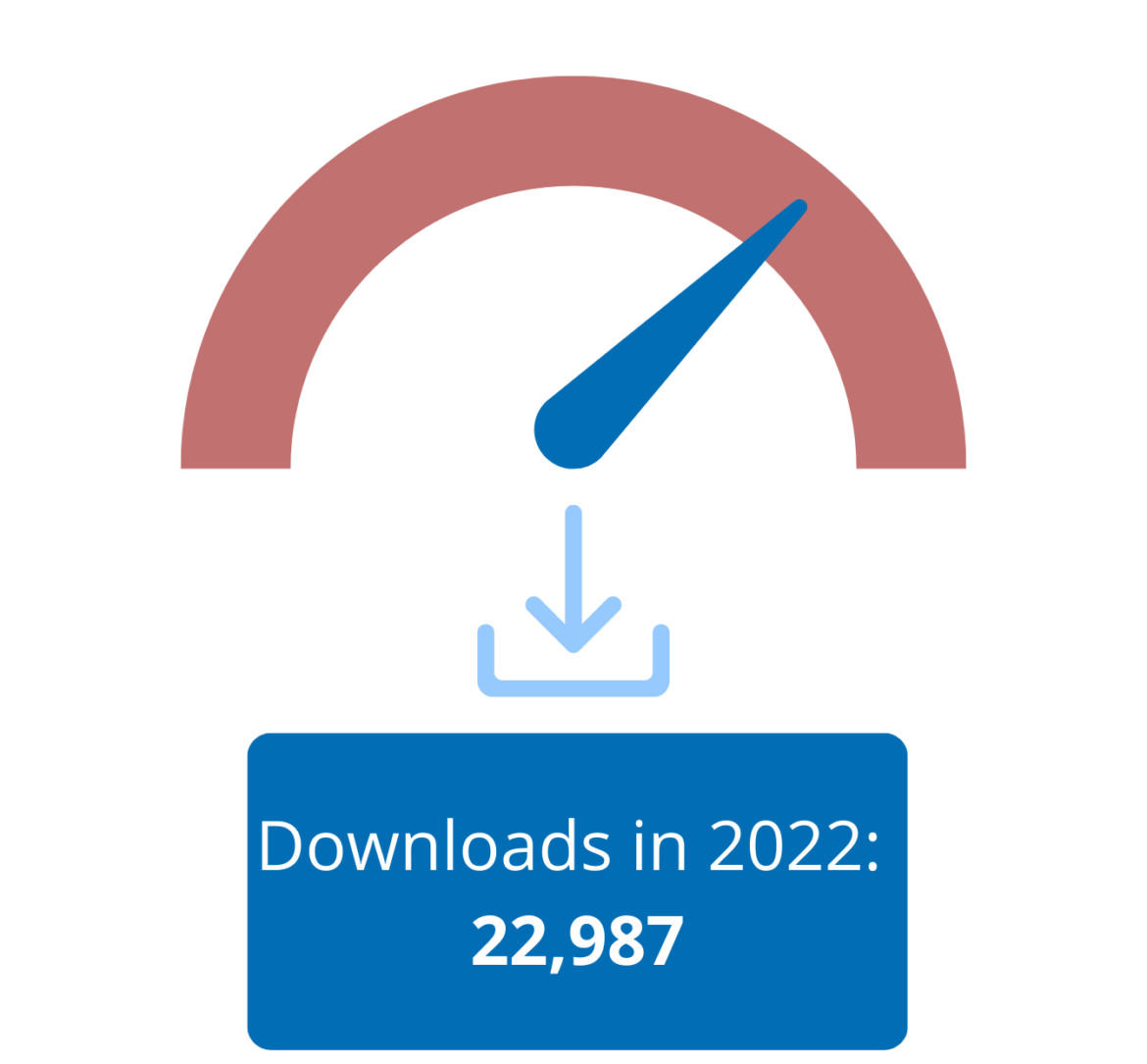
Post information
Related posts
3. Probiotic improves symptomatic and viral clearance in Covid19 outpatients: a randomized, quadruple-blinded, placebo-controlled trial
Pedro Gutiérrez-Castrellón, Tania Gandara-Martí, Ana T. Abreu Y Abreu, Cesar D. Nieto-Rufino, Eduardo López-Orduña, Irma Jiménez-Escobar, Carlos Jiménez-Gutiérrez, Gabriel López-Velazquez & Jordi Espadaler-Mazo
Published in Gut Microbes
“Intestinal bacteria may influence lung homeostasis via the gut-lung axis. We conducted a single-center, quadruple-blinded, randomized trial in adult symptomatic Coronavirus Disease 2019 (Covid19) outpatients.”
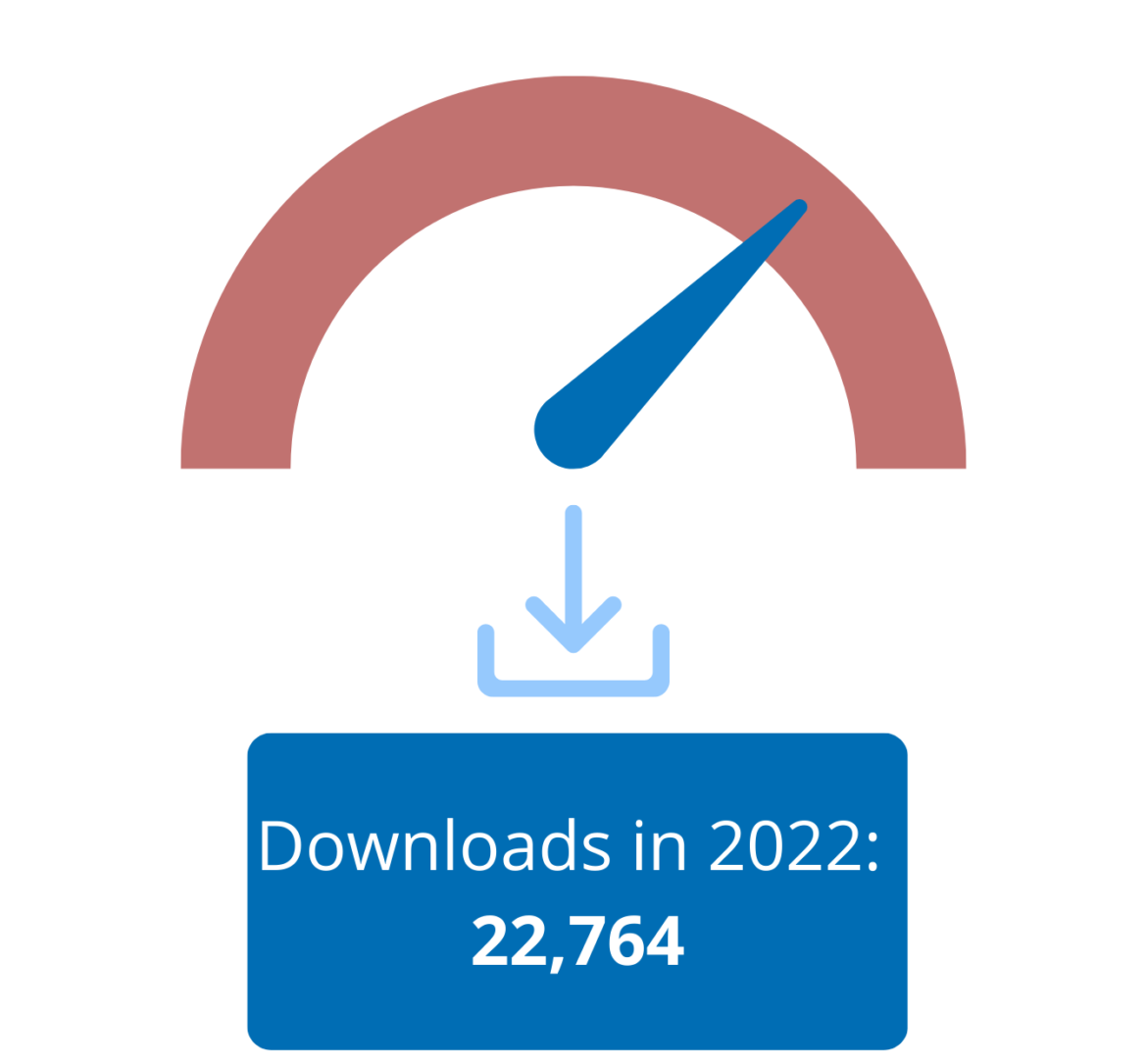
4. Efficacy and safety of three new oral antiviral treatment (molnupiravir, fluvoxamine and Paxlovid) for COVID-19:a meta
Wen Wen, Chen Chen, Jiake Tang, Chunyi Wang, Mengyun Zhou, Yongran Cheng, Xiang Zhou, Qi Wu, Xingwei Zhang, Zhanhui Feng, Mingwei Wang & Qin Mao
Published in Annals of Medicine
“The coronavirus disease (COVID-19) epidemic has not been completely controlled. Although great achievements have been made in COVID-19 research and many antiviral drugs have shown good therapeutic effects against COVID-19, a simple oral antiviral drug for COVID-19 has not yet been developed. We conducted a meta-analysis to investigate the improvement in mortality or hospitalization rates and adverse events among COVID-19 patients with three new oral antivirals (including molnupiravir, fluvoxamine and Paxlovid).”
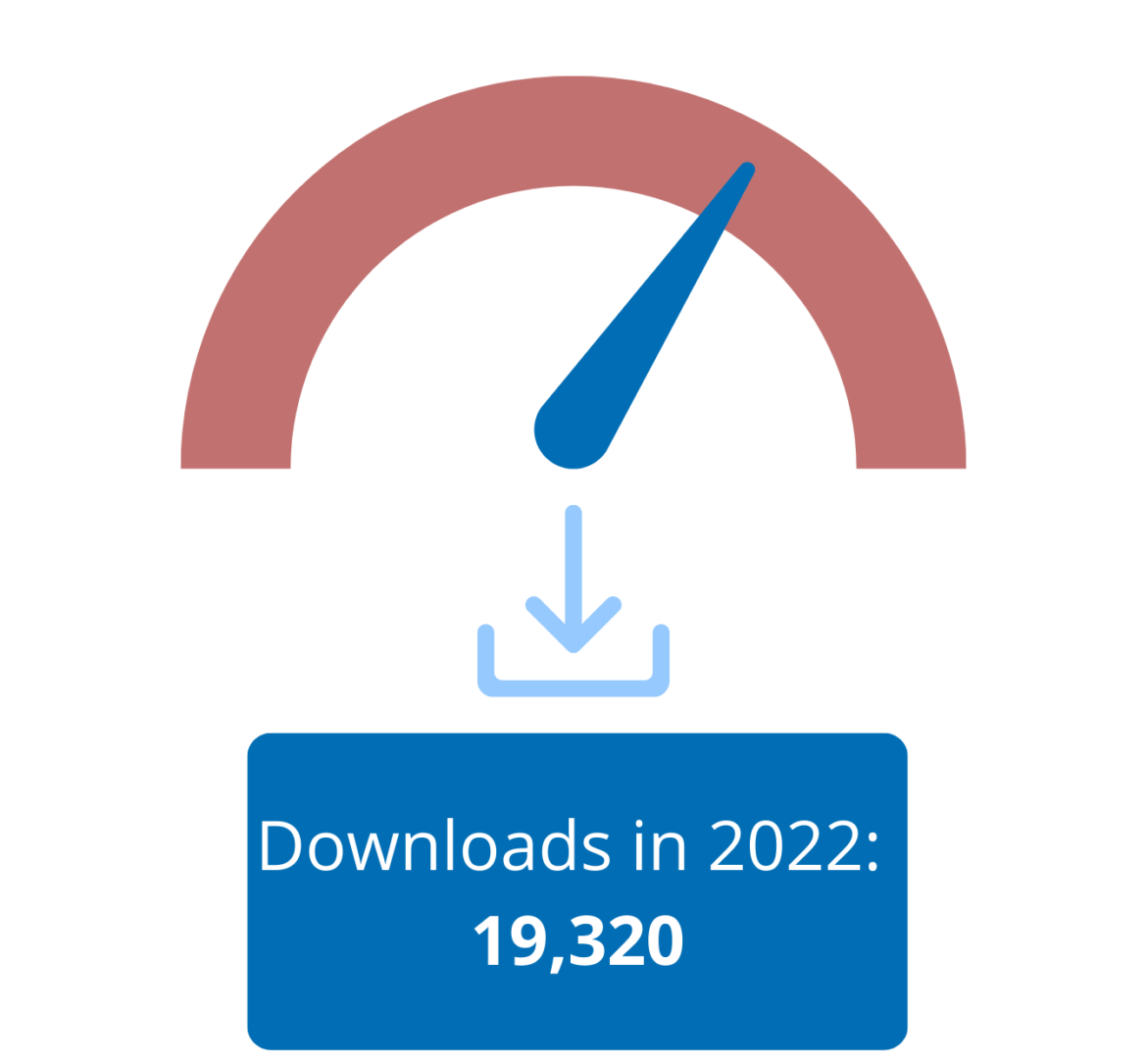
5. SARS-CoV-2 Omicron variant shows less efficient replication and fusion activity when compared with Delta variant in TMPRSS2-expressed cells
Hanjun Zhao, Lu Lu, Zheng Peng, Lin-Lei Chen, Xinjin Meng, Chuyuan Zhang, Jonathan Daniel Ip, Wan-Mui Chan, Allen Wing-Ho Chu, Kwok-Hung Chan, Dong-Yan Jin, Honglin Chen, Kwok-Yung Yuen & Kelvin Kai-Wang To
Published in Emerging Microbes & Infections
“The novel SARS-CoV-2 Omicron variant (B.1.1.529), first found in early November 2021, has sparked considerable global concern and it has >50 mutations, many of which are known to affect transmissibility or cause immune escape. In this study, we sought to investigate the virological characteristics of the Omicron variant and compared it with the Delta variant which has dominated the world since mid-2021.”
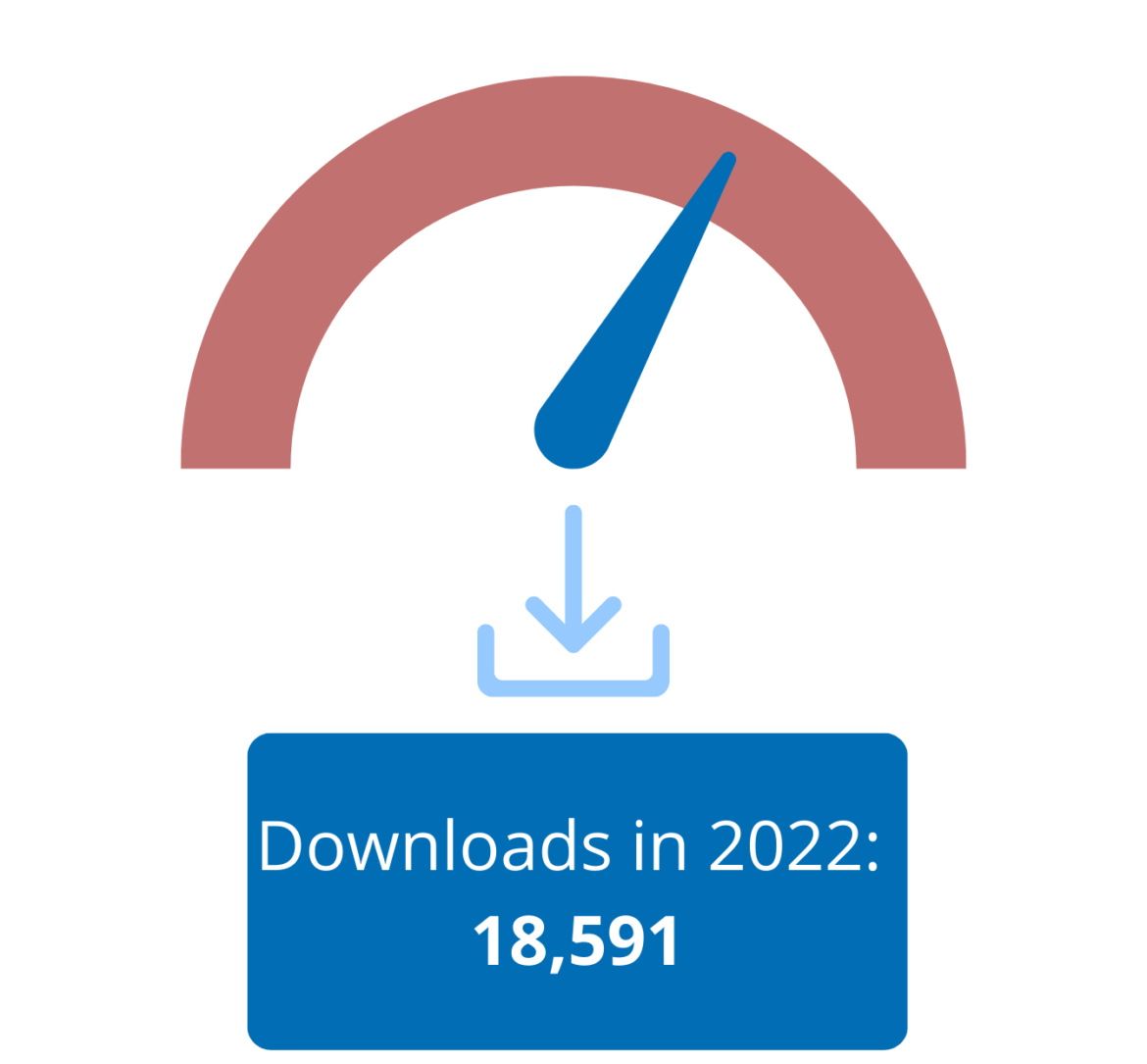
6. Antibodies to watch in 2022
Hélène Kaplon, Alicia Chenoweth, Silvia Crescioli & Janice M. Reichert
Published in mAbs
“In this 13th annual installment of the annual ‘Antibodies to Watch’ article series, we discuss key events in commercial antibody therapeutics development that occurred in 2021 and forecast events that might occur in 2022.”
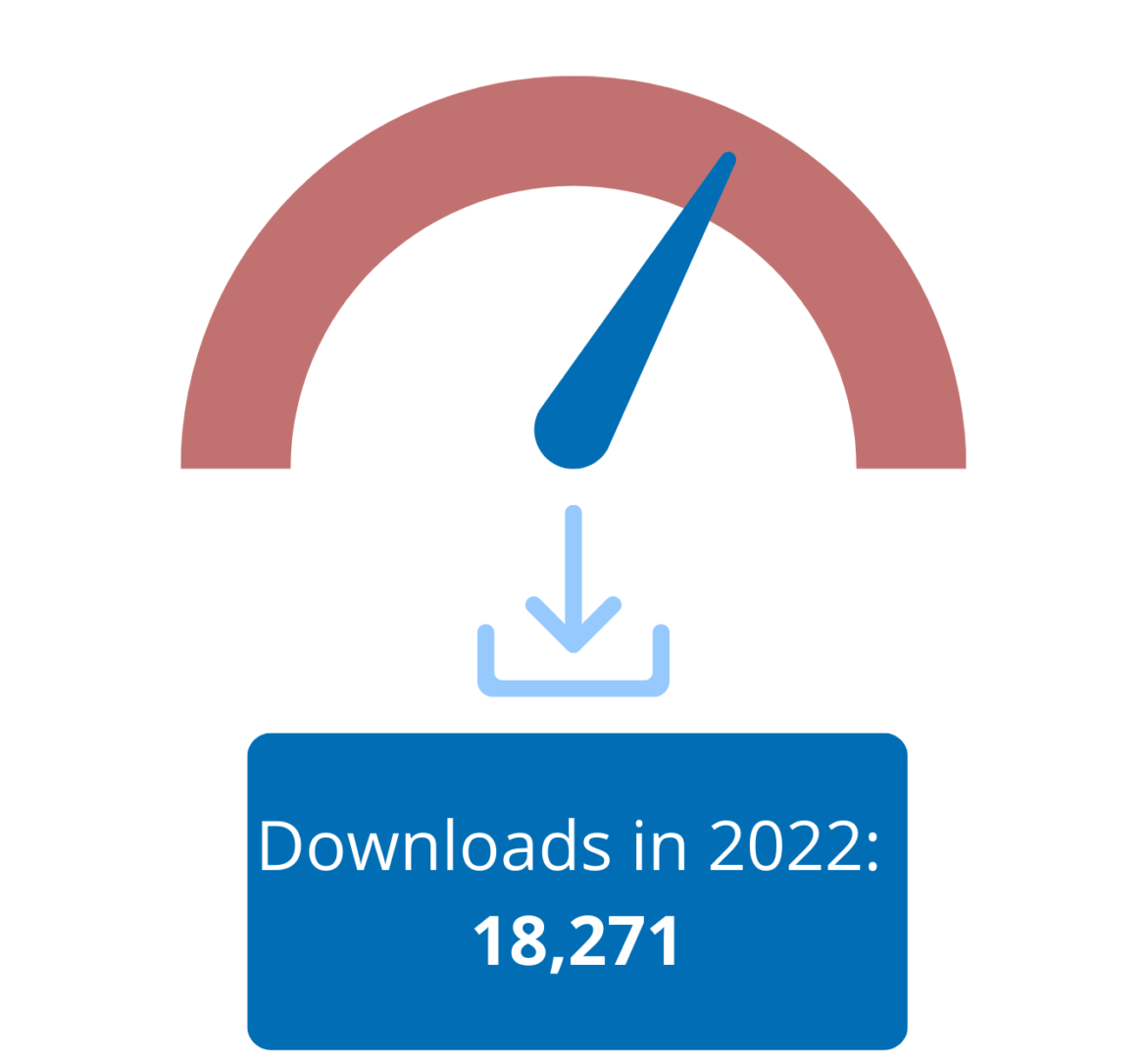
7. Lessons learned from the fifth wave of COVID-19 in Hong Kong in early 2022
Pak-Hin Hinson Cheung, Chi-Ping Chan & Dong-Yan Jin
Published in Emerging Microbes & Infections
“Before the fifth wave, Hong Kong had managed to remain free of local cases of COVID-19 for almost 100 days, ascribed to the enforcement of moderate non-pharmaceutical interventions (NPIs) and stringent border control measures, just to be balanced with relatively normal economic activities and social lives. […] From 31 December 2021 to 23 March 2022, the ongoing fifth wave of COVID-19 in Hong Kong has claimed 6356 lives.”
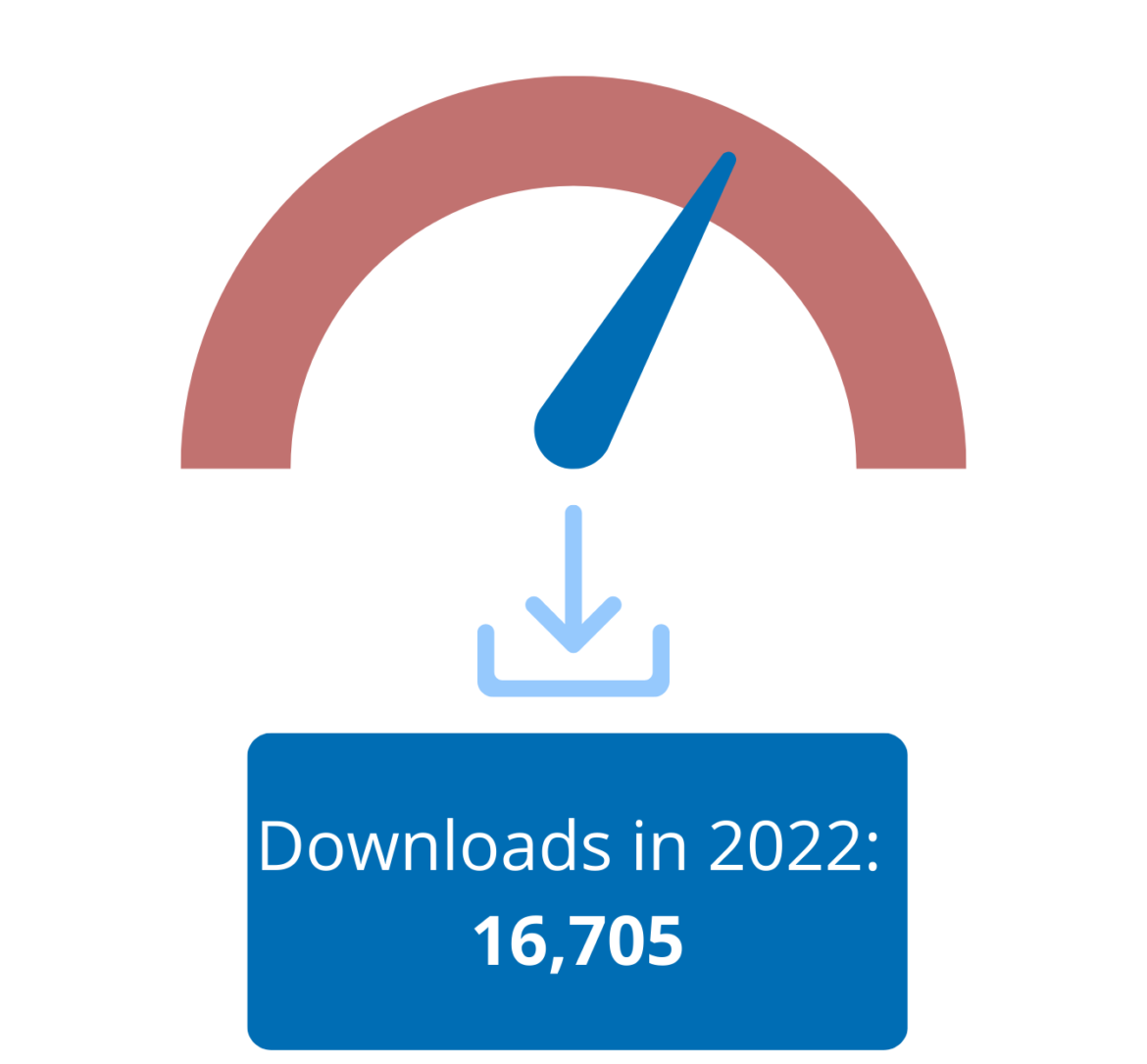
8. Omicron variant showed lower neutralizing sensitivity than other SARS-CoV-2 variants to immune sera elicited by vaccines after boost
Jingwen Ai, Haocheng Zhang, Yi Zhang, Ke Lin, Yanliang Zhang, Jing Wu, Yanming Wan, Yanfang Huang, Jieyu Song, Zhangfan Fu, Hongyu Wang, Jingxin Guo, Ning Jiang, Mingxiang Fan, Yang Zhou, Yuanhan Zhao, Qiran Zhang, Qiang Liu, Jing Lv, Peiyao Li, Chao Qiu & Wenhong Zhang
Published in Emerging Microbes & Infections
“In this study, we explored the immunogenicity of COVID-19 breakthrough patients, BBIBP-CorV homologous booster group and BBIBP-CorV/ZF2001 heterologous booster group against SARS-CoV-2 pseudotypes corresponding to the prototype, Beta, Delta, and the emergent Omicron variant.”
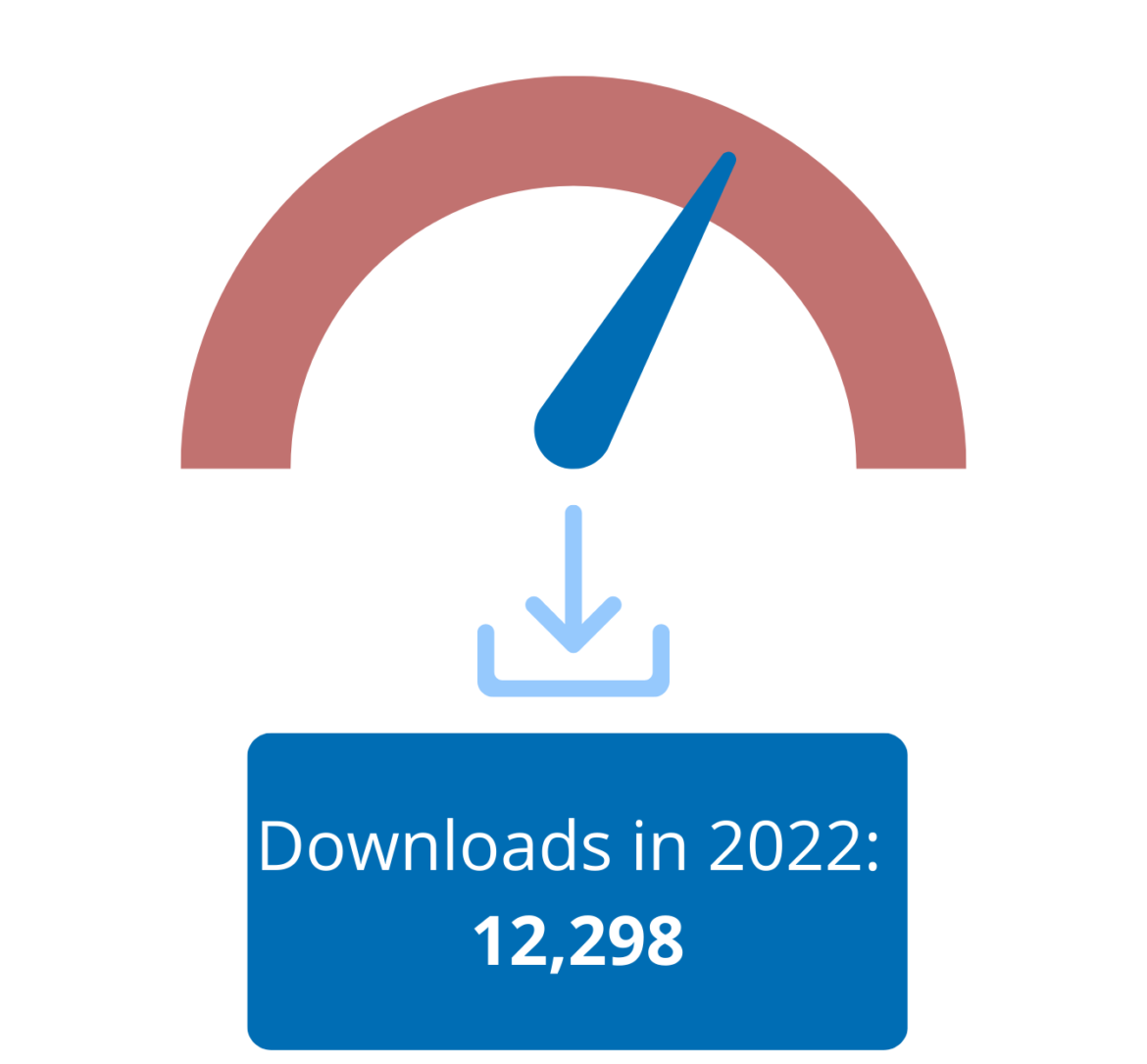
9. A Research Ethics Framework for the Clinical Translation of Healthcare Machine Learning
Melissa D McCradden, James A Anderson, Elizabeth A. Stephenson, Erik Drysdale, Lauren Erdman, Anna Goldenberg & Randi Zlotnik Shaul
Published in The American Journal of Bioethics
“The application of artificial intelligence and machine learning (ML) technologies in healthcare have immense potential to improve the care of patients. While there are some emerging practices surrounding responsible ML as well as regulatory frameworks, the traditional role of research ethics oversight has been relatively unexplored regarding its relevance for clinical ML.”
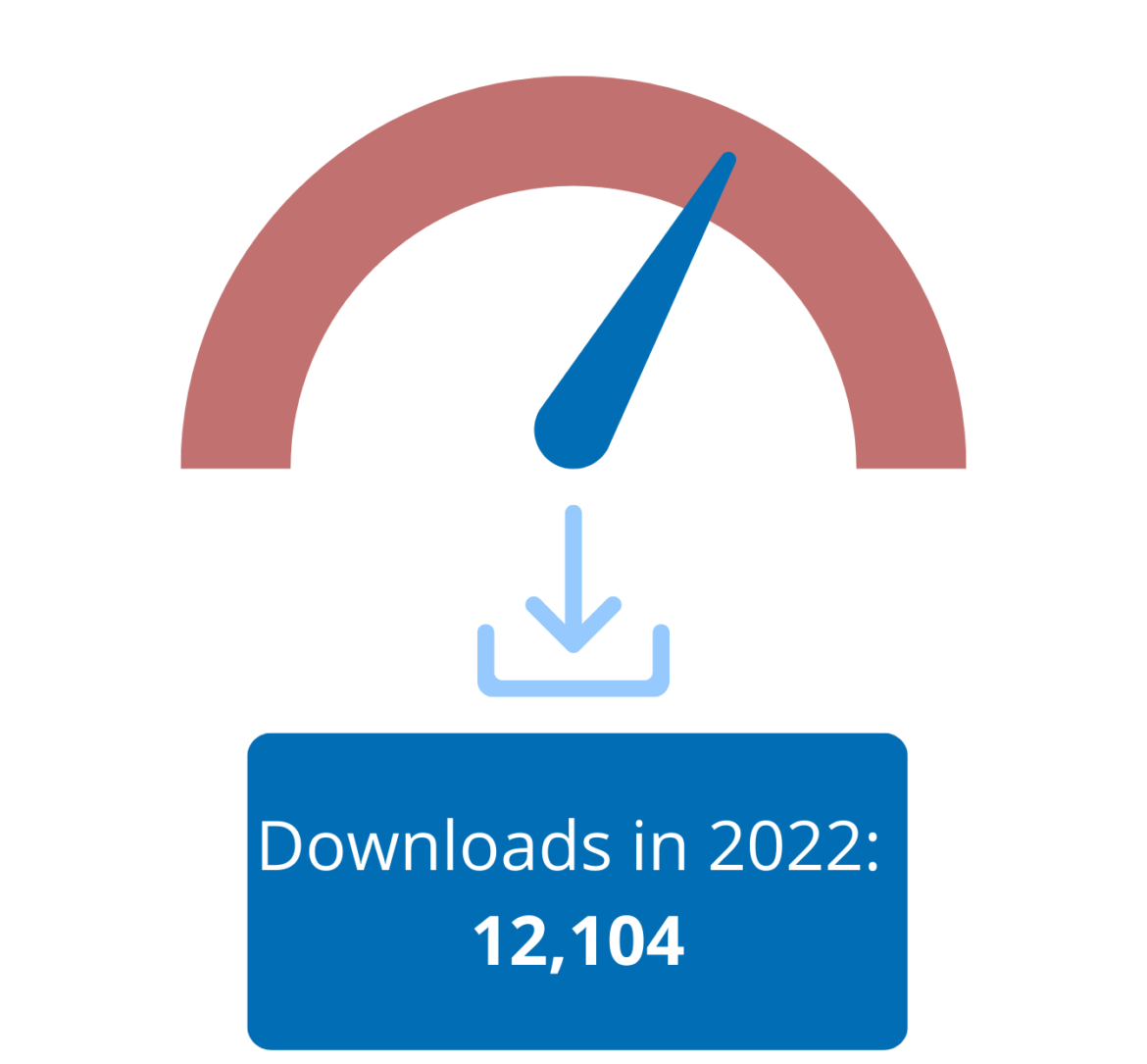
10. Clinician guidelines for the treatment of psychiatric disorders with nutraceuticals and phytoceuticals: The World Federation of Societies of Biological Psychiatry (WFSBP) and Canadian Network for Mood and Anxiety Treatments (CANMAT) Taskforce
Jerome Sarris, Arun Ravindran, Lakshmi N. Yatham, Wolfgang Marx, Julia J. Rucklidge, Roger S. McIntyre, Shahin Akhondzadeh, Francesco Benedetti, Constanza Caneo, Holger Cramer, Lachlan Cribb, Michael de Manincor, Olivia Dean, Andrea Camaz Deslandes, Marlene P. Freeman, Bangalore Gangadhar, Brian H. Harvey, Siegfried Kasper, James Lake, Adrian Lopresti, Lin Lu, Najwa-Joelle Metri, David Mischoulon, Chee H. Ng, Daisuke Nishi, Roja Rahimi, Soraya Seedat, Justin Sinclair, Kuan-Pin Su, Zhang-Jin Zhang & Michael Berk
Published in The World Journal of Biological Psychiatry
“The therapeutic use of nutrient-based ‘nutraceuticals’ and plant-based ‘phytoceuticals’ for the treatment of mental disorders is common; however, despite recent research progress, there have not been any updated global clinical guidelines since 2015. To address this, the World Federation of Societies of Biological Psychiatry (WFSBP) and the Canadian Network for Mood and Anxiety Disorders (CANMAT) convened an international taskforce involving 31 leading academics and clinicians from 15 countries, between 2019 and 2021.”
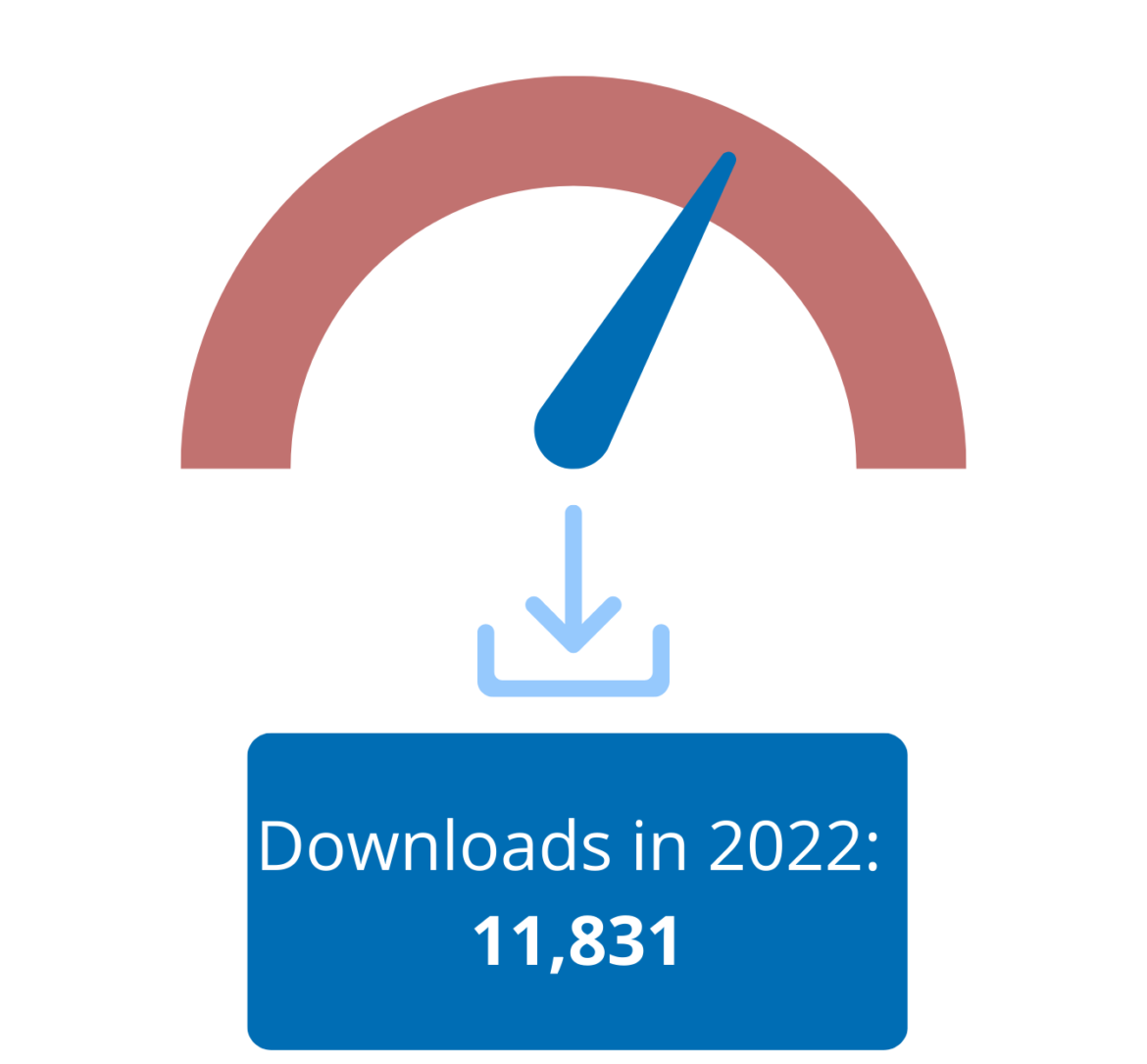
Where to next?
Interested in choosing open access? Make sure you take a look at:
Our Insights newsletter – the latest news, tips, and resources delivered straight to your inbox.